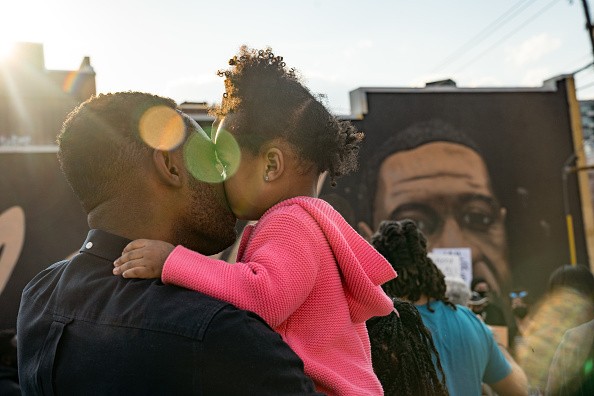4 Ways Americans Can Educate Themselves About Racial Injustice in the Wake of Chauvin Guilty Verdict

The trial of Derek Chauvin had the nation holding its breath. Following the string of police brutality across the country in recent years, communities are beginning to question what role racial injustice plays in the fabric of our society. Attitudes on systems like policing and prisons are changing, and faith in the law enforcement system is at an all-time low in our country. Chauvin, a white officer, was just convicted of murdering a black man. This is an unprecedented moment. Change is coming, and there are steps everyone can take to ensure they are educated and play their part in ending racial injustice.
1. Listen to Your Peers
America is a diverse nation filled with people of different cultures and experiences. Each group has unique interactions with the institutions that run our society, and in listening to the experiences of others, we can begin to understand how they are impacted by injustice. The current online era means the insights of our peers are easily at reach. Social media is ripe with people sharing the stories of their communities. Other peer resources, like this guide on policing and racism are being created daily.
What's important to remember is we should always listen when our neighbors tell about their experiences, but we shouldn't expect them to educate us. That responsibility lies within ourselves.
2. Read Books About Diversity
Many great novels have been published on the subject of race. Activists from all different backgrounds have been writing memoirs sharing their lived experiences, as well as collaborating to create scholarly pieces on race relations and structural inequality.
Booksellers and libraries across the nation are compiling lists of the best literature on racial justice. BulkBooks, an organization providing books at-cost to schools, organizations, churches, and businesses to help them build "equality libraries", has crafted their own guide on the top novels covering racial and cultural diversity. Through such guides, and considering different angles within works on the topic, we can start delving into the true nature of race in America.
3. Watch Educational Documentaries
Investigative journalism and film have paired to create some powerful features on racial injustice in our nation. Many explore the timelines of how inequality was created and evolved throughout history. Others analyze the way social institutions perpetuate racism. More still tell the personal stories of individuals affected by racial tensions.
4. Self-Reflection
Experts advise critical self-reflection on the topic of race. The way we are treated by the world is directly linked to our racial heritage, and it's important to be able to look back and acknowledge times when we may have been privileged from injustices towards others. What's also important to consider is your thoughts and feelings toward those around you, and how those opinions might be influenced by bias and historical discrimination. Have you ever unconsciously perpetuated prejudice? It is difficult to realize and accept when you have benefited from or continued inequality, but it is a vital step to creating justice in our nation.
A lack of understanding and compassion towards those around us has continued systems of inequality and injustice for centuries. By opening yourself up to learning about racism and different cultures, you can do your part to bridge the gaps in society that keep us apart.
Subscribe to Latin Post!
Sign up for our free newsletter for the Latest coverage!

















